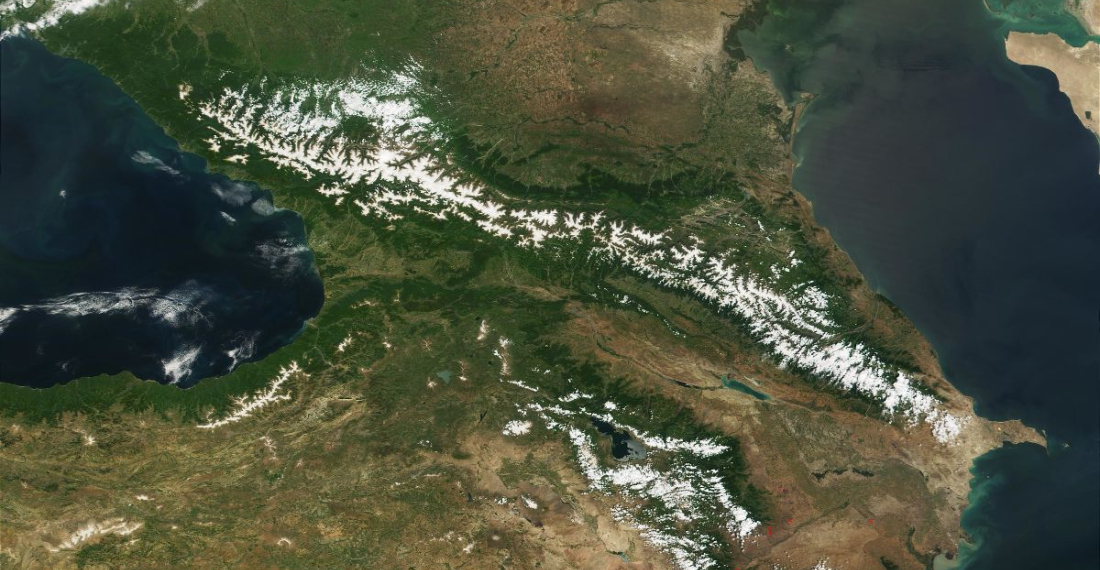The US Helsinki Commission on Tuesday (1 October) published an analysis of Russia's political and economic agenda. The document addresses, among other things, various developments in the South Caucasus.
According to the report, the region is experiencing several political shifts as Russia's material influence wanes due to its focus on its war with Ukraine. On the one hand. Armenia was once one of Russia's strongest allies. However, following the Nagorno Karabakh war in 2020, Armenia has moved away from Moscow and more towards a Western agenda. Azerbaijan, on the other hand, has adopted a cooperative approach with Russia, especially given the similarities between the two countries' strong state control.
According to the report, the situation in Georgia is also complex. For a long time, Georgia was aligned with a European agenda, especially as it was offered candidate status in December 2023. However, with the recent rise of the Georgian Dream party, the country has strengthened its ties with Russia. This is evidenced by the crackdown on opposition figures and civil society organisations, as well as the new Russian-style law on foreign agents. This law, passed in May 2024, requires NGOs and independent media that receive more than 20% of their funding from foreign donors to register as organisations promoting foreign interests. Georgia's elections on 26 October are likely to further cement the country's geopolitical orientation and governance structure for years to come.
The US Helsinki Commission concludes that the United States must take more decisive action to combat democratic backsliding in the South Caucasus and counter Russian influence in the region.







